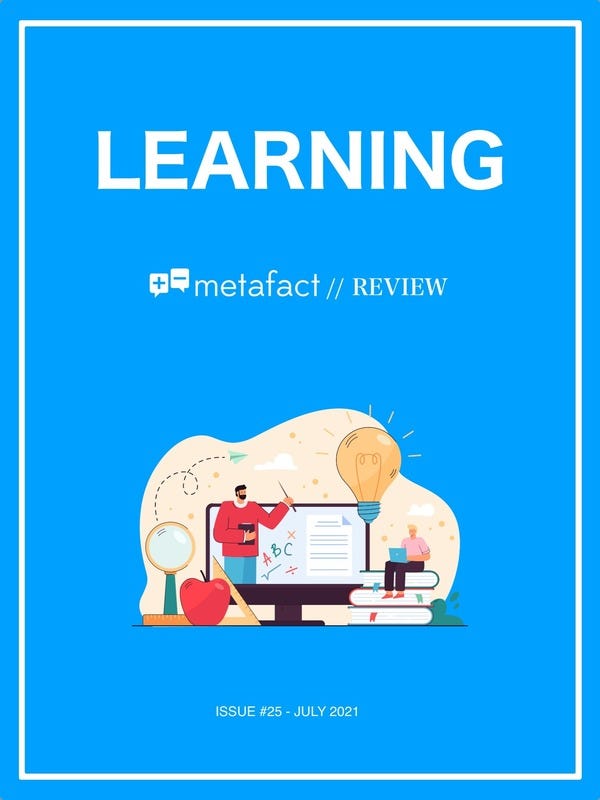Does coffee help boost exercise performance?
Hello everyone,
Whilst I enjoy a coffee in the morning to start the day, I wouldn’t think to drink a cup before going for a run or swim. However, after reading about the positive effects of caffeine on sports performance that might change!
Between 1984 and 2004, athletes were not allowed to have caffeine before participating in Olympic games. Now, caffeine is no longer considered a banned substance and many athletes use it in the form of gum, pills and gels to enhance performance.
What is the evidence that caffeine boosts exercise performance? And can this boost be achieved from drinking a cup of coffee? We asked 3 experts in sports science and cardiology, ‘Does coffee help boost exercise performance?’, here is what we found…
Each month we investigate a topic voted by the community by asking the world's top experts to review the evidence. Please vote on which topic you would like us to review next month here:
EXPERT CONSENSUS
Does coffee help boost exercise performance?
3 out of 3 experts agreed
What is the data on caffeine and sports performance?
Dr Neil Clarke, an expert in sport sciences from Coventry University in the UK, says “Caffeine is one of the most researched substances reported to help athletes perform better and train longer and harder. As a result, professional and amateur sportspeople often take it as a performance-enhancing “ergogenic” aids for a wide range of activities.”
Several research papers have shown that caffeine improves performance in running, cycling, football, basketball, tennis, golf and weightlifting. Dr Clarke says “The evidence for caffeine’s effects on sprinting is more mixed. Limited improvements have been found for events lasting under three minutes. But for races of around ten seconds, caffeine can improve peak power output, speed, and strength.”
Does drinking coffee have the same effect as caffeine pills?
Most of the studies focus on the effect of caffeine pills rather than coffee drinking. Measuring how coffee influences sport performance is more complicated as caffeine content varies from cup to cup. However, there have been some studies looking specifically at coffee’s impact. Dr Clarke says “An increasing number of studies have also shown that coffee can be used as an alternative to caffeine to improve cycling and competitive running performance, and produce results similar to pure caffeine. In fact, coffee may even be more effective at improving resistance exercise than caffeine alone.”
Are there any caveats?
As with any nutritional research, there are some caveats and complications to keep in mind. Dr Neil Schwartz, an expert in sports science from South Alabama University in the USA, says “Individuals vary in their response to caffeine/coffee intake. If tolerated well, coffee can help both mental and physical performance.” Variation between how individuals respond to caffeine lies both in their genes and in their usual caffeine intake.
There may also be some downsides to coffee drinking. Caffeine is connected with anxiety and reduced sleep which may have a detrimental effect on sports performance. Dr Clarke says “you could end up feeling nauseated and jittery at a time when, if you are competing, you are already feeling anxious.”
The takeaway:
Caffeine in multiple forms has been shown to improve sports performance, but the effects vary between individuals.
May the facts be with you!
Eva
Can we really learn a language with an app?
Exclusive reviews for our fact-loving members.
Each month we investigate a topic voted by the community by asking the world's top experts to review the evidence. Reviews are what you need to know. You can read all the reviews online here.
Learning is fundamental to human progress. Babies for example, are constantly absorbing the sights and sounds around them - taking cues from their environment. Children begin to communicate without their parents teaching them - they just seem to spontaneously start. Teenagers then engage in formal learning programs at schools and universities.
As adults, we continue to learn. Whether it's at work or home, from learning how to cook Mexican food or another language. Yet life is short and time is precious, so everyone is trying to figure out how to maximize their learning progress. What is the difference between all types of learning? Can you learn new things when you are old? Should schools move to teaching outdoors? Can you learn a new language just by using an app? Here's what we found...

